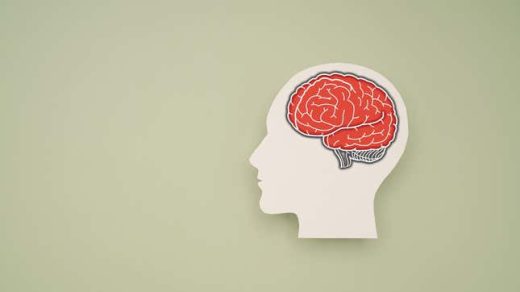
Border says he doesn’t worry much about the immediate future but is certain he will not reach the 100-year mark
“I’m 68 (in July). If I make 80, that’ll be a miracle. I’ve got a doctor friend and I said if I make 80 that’ll be a miracle,” Border told Newscorp in an interview.
Border said he doesn’t worry much about the immediate future but is certain he will not reach the 100-year mark, saying: “No way am I going to get another 100, that’s for sure. I’ll just slip slowly into the west,” he added.
According to statistics, nearly one million people across the US live with Parkinson’s, and the number is only expected to skyrocket to 1.2 million by 2030, making it the second-most common neurodegenerative disease after Alzheimer’s.
What causes Parkinson’s?
The National Health Services say Parkinson’s damages the brain slowly over the years, causing severe issues like depression, anxiety, balance issues, loss of smell sensation, problems in sleeping, and memory.
Doctors say while most cases happen for reasons mostly unknown, many of the symptoms are inherited or driven by environmental causes. Parkinson’s does not have any cure but the symptoms can be suppressed with different treatment options.
According to the American Association of Neurological Surgeons, Parkinson’s sets in with a loss of nerve cells in part of the brain known as the substantia nigra.
The condition then leads to a reduction in dopamine, a chemical that plays an important role in regulating the movement of your body. Doctors say depletion of dopamine is mainly responsible for many of the symptoms of Parkinson’s.
Common symptoms
Some of the earliest signs and symptoms of Alzheimer’s, which begin before the motor issues develop and do not need any treatment are:
Constipation - Not being able to write
- Changes in voice
- Stopped posture
A few common symptoms of Alzheimer’s in the later stages are:
- Tremor or the involuntary and rhythmic movements of the limbs and jaw
- Muscle rigidity or stiffness
- Slow loss of spontaneous movement that leads to decreased mental skill
- Loss of automatic movements that slowly decrease blinking
- Decreased frequency of swallowing
- Unsteady walk or balance
- Depression
- Dementia
How to diagnose Parkinson’s?
According to the National Health Services, for most people who suffer from Parkinson’s, symptoms begin to appear when they are over 50 years of age, even though many with the condition start showing the signs when they are under 40.
No x-ray or blood test can confirm the disease, but there are a few non-invasive diagnostic imaging like positron emission tomography or PET that supports a doctor’s diagnosis.
A few conventional methods for diagnosis include:
- The presence of two of the three primary symptoms
- The absence of other neurological signs upon examination
- No history of other possible causes of Parkinson’s, such as the use of tranquilizers, medications, head trauma, or
stroke - Responsiveness to Parkinson’s medications, such as levodopa
Treatment
Experts say that even though there is no cure for the disease, various treatments across the world are available to help reduce the main symptoms and maintain quality of life for as long as possible.
Some of these include:
Physiotherapy
Occupational therapy
Occupational therapy focuses on maximizing engagement in activities that create safer environments, improve competency and sense of emotional well-being, and maintain existing abilities for as long as possible.
Medication
Brain surgery
Deep brain stimulation is the most commonly performed surgical treatment for the disease, in which thin metal wires are placed in the brain.
The wires send electrical pulses to the brain to help control some motor symptoms.
Disclaimer: Tips and suggestions mentioned in the article are for general information purposes only and should not be construed as professional medical advice. Always consult your doctor or a dietician before starting any fitness programme or making any changes to your diet.



